Director General
For over five decades, our tireless team of scientists, researchers, and professionals has pioneered cost-effective and scalable solutions empowering farming communities through advanced research, technology, and partnerships. From the world’s first pigeon pea hybrid to early maturing groundnut to Africa’s first biofortified pearl millet and more, our legacy and continued focus on key semi-arid crops, like cereals, pulses, and oilseeds, addresses farmers' diverse challenges – from adapting to climate change to bolstering soil health, water management, and market connections.
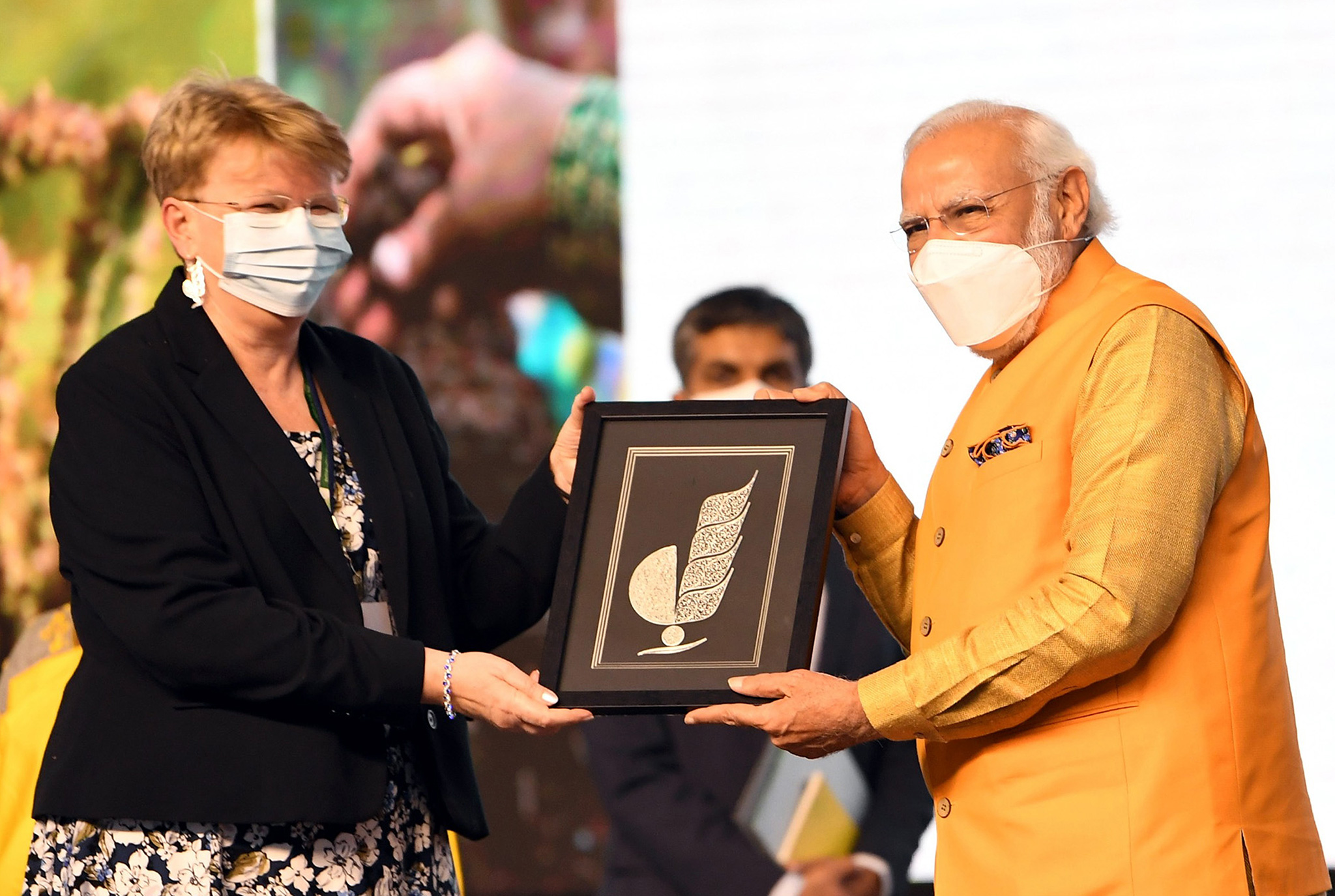
The International Crops Research Institute for the Semi-Arid Tropics (ICRISAT) is a pioneering, internationally recognized International Organization committed to developing and improving dryland farming and agri-food systems to address the challenges of hunger, malnutrition, poverty, and environmental degradation affecting the 2.1 billion people residing in the drylands of Asia, Sub-Saharan Africa, and beyond.
ICRISAT was established under a Memorandum of Agreement between the Government of India and the CGIAR on the 28 March 1972. In accordance with the Headquarters Agreement, the Government of India has extended the status of a specified “International Organisation” to ICRISAT under section 3 of the United Nations (Privileges and Immunities) Act, 1947 of the Republic of India through Extraordinary Gazette Notification No. UI/222(66)/71, dated 28 October 1972, issued by the Ministry of External Affairs, Government of India.
Building upon a legacy of innovation, ICRISAT has achieved numerous world firsts in the realm of dryland agriculture. Some notable milestones include mapping the genome code for cultivated groundnut—the first of its kind, releasing the inaugural commercial pigeonpea hybrid in India, and introducing Africa's pioneering biofortified pearl millet. These innovations, alongside others, have played a pivotal role in delivering real and tangible development outcomes for innumerable dryland communities by directly providing sustenance, nutrition, and livelihoods, especially for women, children and the most vulnerable.
ICRISAT's headquarters are located in Asia (India), and the organization maintains offices across Eastern and Southern Africa, West and Central Africa. Our three research programs — Accelerated Crop Improvement, Resilient Farm and Food Systems, and Enabling Systems Transformation — operate seamlessly with one another and across these regions and beyond, focusing on propelling dryland innovation tailored to local agro-ecologies and their socioeconomic contexts.
ICRISAT recognizes that the significance of the dryland crops in which we specialize will be further accentuated due to the impact of climate change. Drawing from five decades of expertise, our research will continue to focus on crops vital to dryland communities, ranging from chickpea, pigeonpea, and groundnut to sorghum, pearl millet, finger millet, small millet, and oilseeds. This collective knowledge is progressively shaping the global development narrative on how to fortify sustainable futures and we invite you to partner with us on this journey.
View ICRISAT's 50 Years of Impact in the Drylands
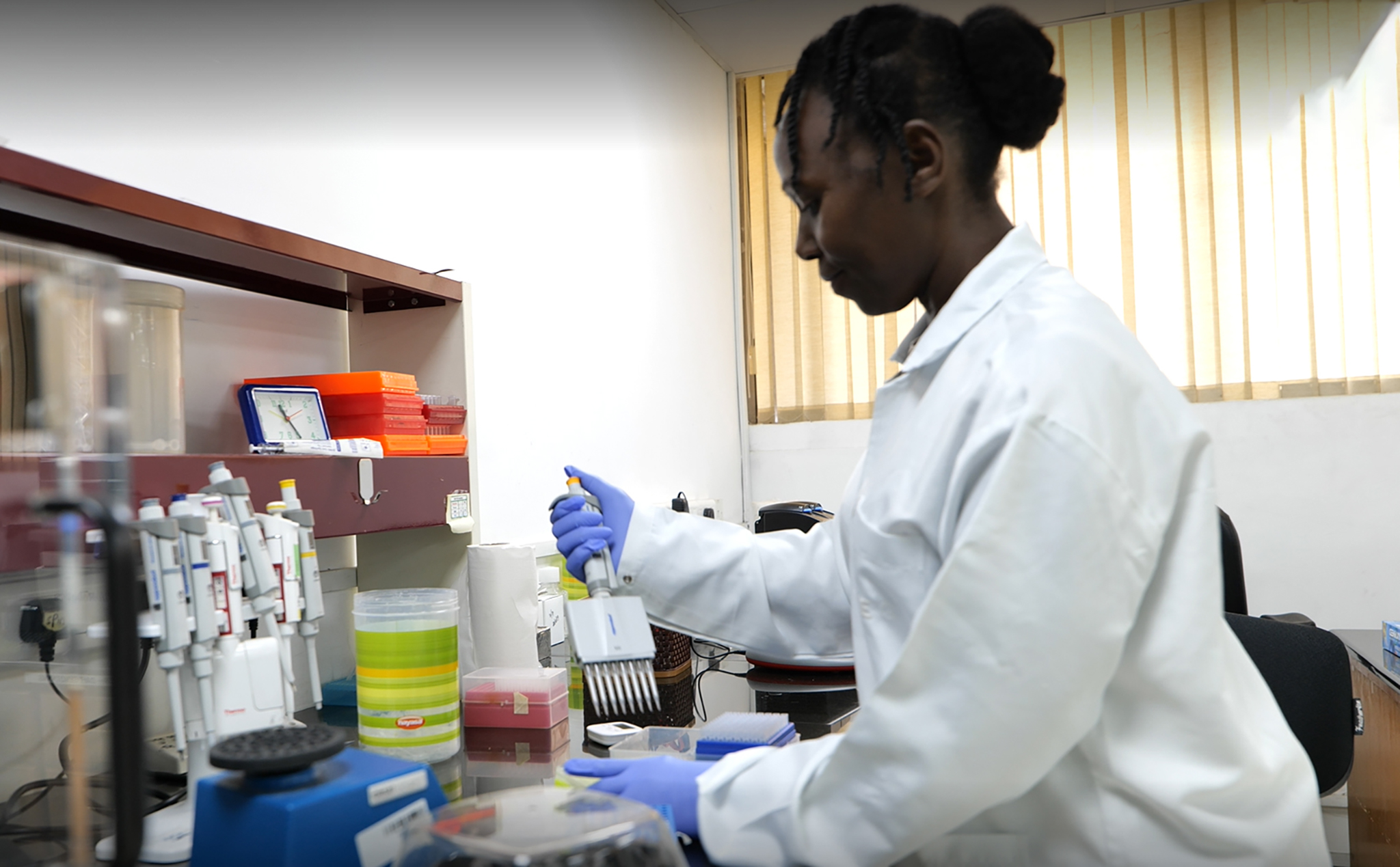
ICRISAT's vision is a prosperous, food-secure, and resilient dryland tropics
ICRISAT’s mission is to reduce poverty, hunger, malnutrition and environmental degradation in the dryland tropics
Inclusive culture
"We" not "me"
Leadership by example - inspiring
yourself & others
Strategic & systems thinking to
change, grow & improve
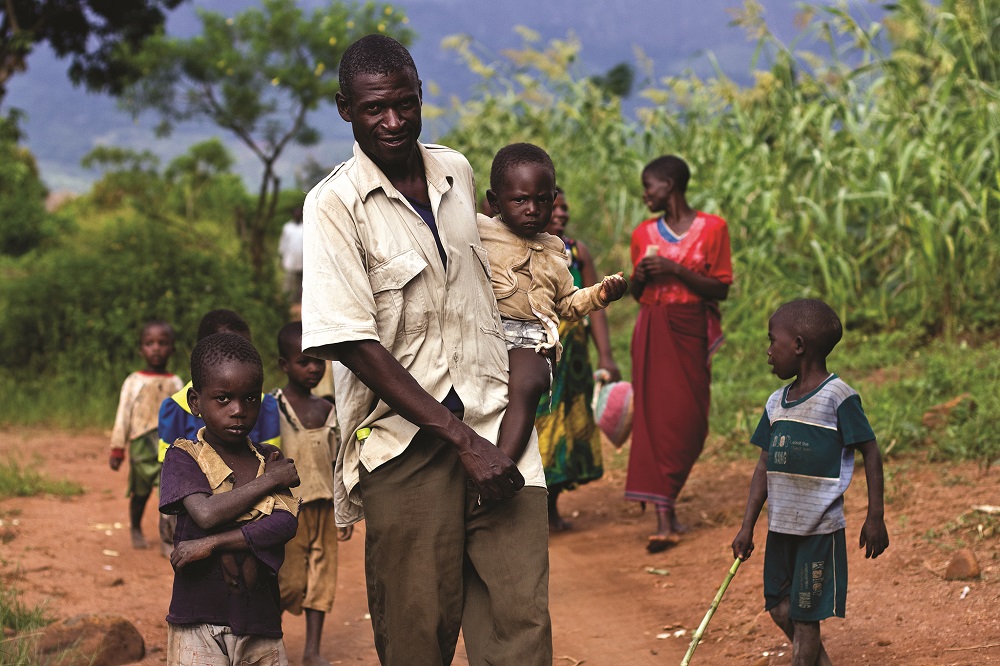
ICRISAT's work is dedicated to combating poverty and uplifting the livelihoods of communities in the dryland regions it serves. Through its research and development efforts, ICRISAT focuses on improving the productivity, profitability, and resilience of smallholder farmers. It does so by developing and disseminating climate-smart agricultural technologies, innovative farming practices, and high-yielding crop varieties.
ICRISAT also equips farmers with the tools and knowledge to enhance their agricultural productivity and generate sustainable incomes. It promotes market-oriented approaches, facilitating access to markets, value chains, and entrepreneurship opportunities for smallholder farmers, thus increasing their economic opportunities and reducing their vulnerability to poverty. By empowering farmers to build resilience, diversify their income sources, and improve their overall economic well-being, ICRISAT's work plays a vital role in overcoming poverty and creating pathways to sustainable development in the dryland regions.
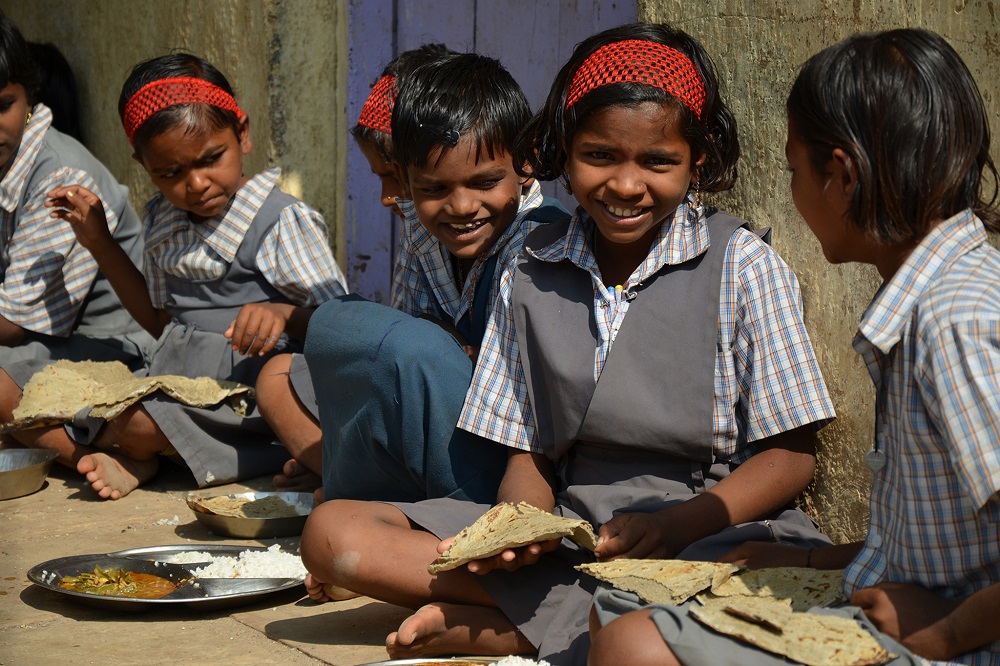
ICRISAT's work is instrumental in addressing the pressing global challenges of hunger and malnutrition. By focusing on crops that are essential to dryland communities, such as chickpea, pigeonpea, groundnut, sorghum, pearl millet, finger millet, small millet, and oilseeds, ICRISAT develops innovative solutions to enhance crop productivity, nutritional value, and accessibility. Through its research, ICRISAT develops climate-resilient and nutrient-rich crop varieties that can thrive in harsh conditions, providing a stable food supply for vulnerable populations. Moreover, ICRISAT actively promotes sustainable farming practices and supports smallholder farmers in adopting improved agricultural techniques to enhance food production and quality.
By empowering communities with nutritious and diversified crops, ICRISAT's efforts contribute significantly to reducing hunger, improving diets, and combating malnutrition.
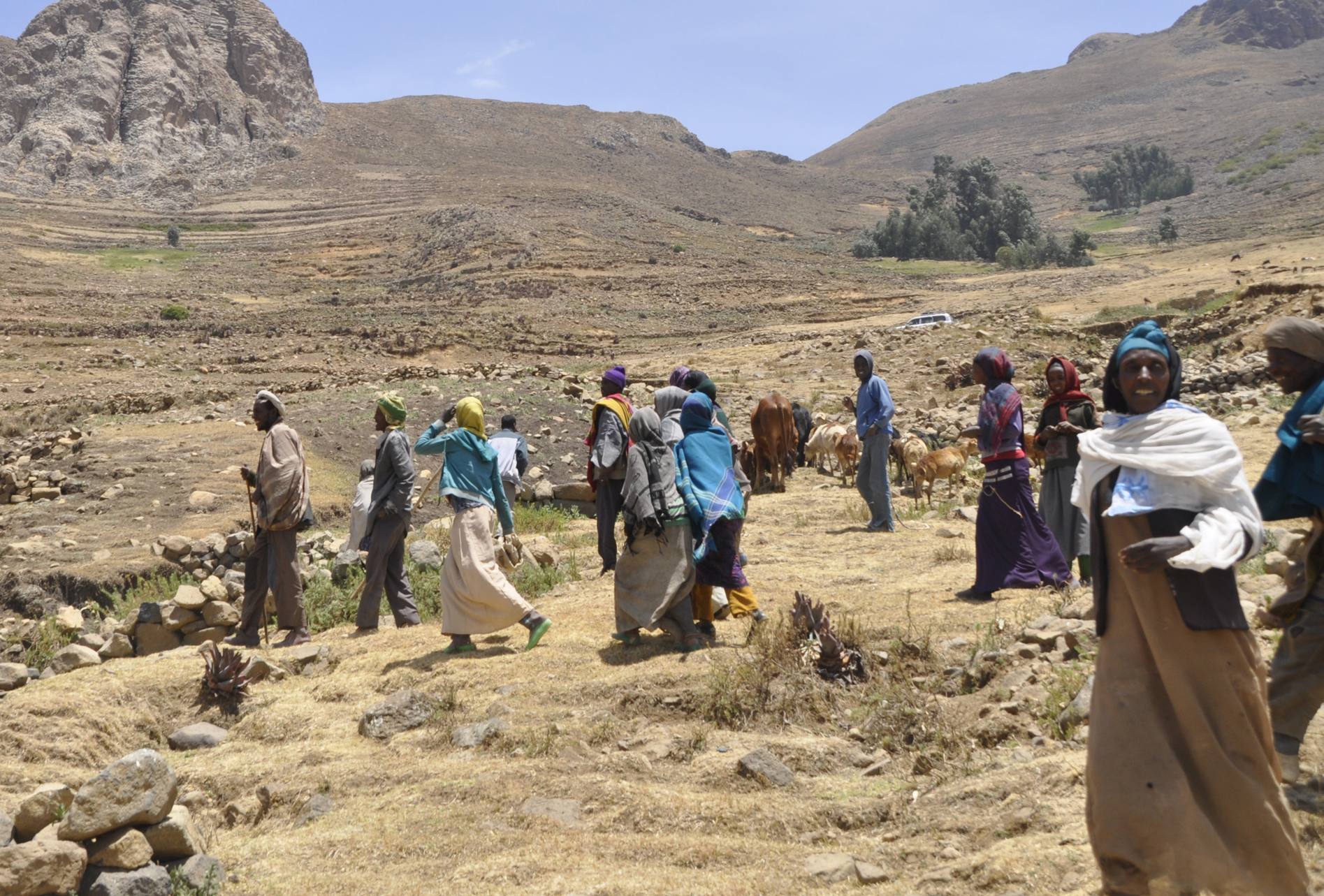
ICRISAT addresses dryland environmental degradation through comprehensive strategies, spanning sustainable natural resource management from farm to landscape scale. Our focus includes climate-smart innovations, transforming delicate landscapes into resilient production systems, early warning systems, and promoting best practices in landscape restoration. We foster replicable solutions through partnerships with both public and private sectors, amplifying options for Climate-Smart Agriculture (CSA). Our efforts extend to groundwater enhancement, land remediation techniques, nutrient management, ecosystem services, area mapping, yield estimations, and weather advisories designed to fortify climate resilience.
An example of our innovation is the 'MRIDA' mobile gaming app, designed to empower smallholder farmers in devising climate-smart agricultural practices. This strategy not only boosts soil carbon and yield but also cultivates resilience.
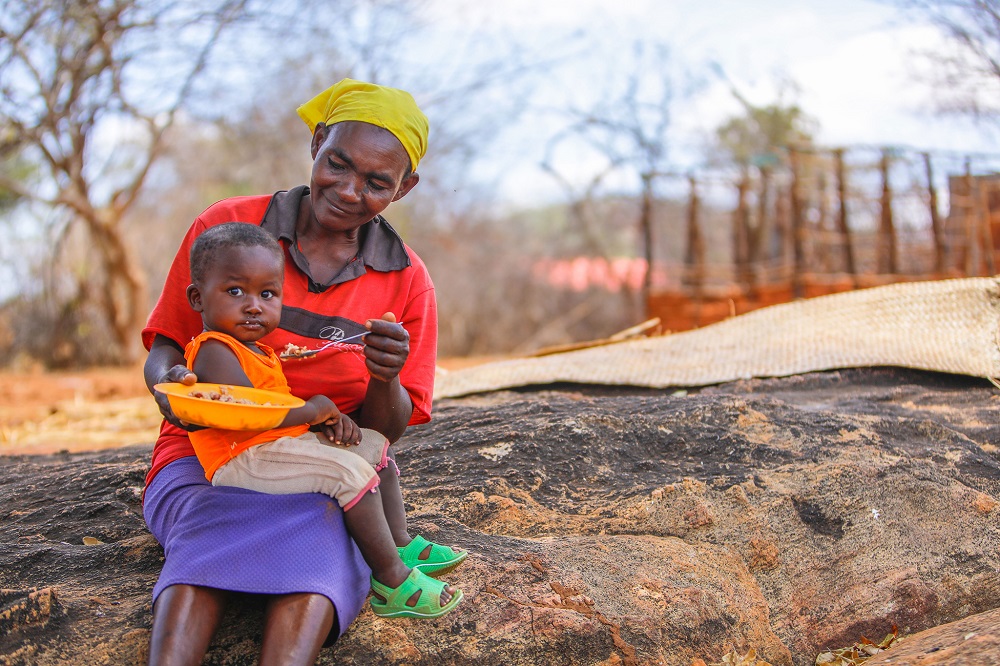
ICRISAT is at the forefront of addressing the challenges posed by climate change through its innovative research and development initiatives. Recognizing the significant impact of climate change on agriculture, ICRISAT focuses on developing climate-resilient crop varieties and implementing sustainable farming practices. By leveraging advanced technologies, precision agriculture, and genetic resources, ICRISAT aims to enhance the adaptive capacity of smallholder farmers in the face of changing climatic conditions.
Through its research, ICRISAT works to identify and breed crops that exhibit traits such as drought tolerance, heat resistance, and pest and disease resilience. Additionally, ICRISAT promotes agroecological approaches, conservation agriculture, and efficient water management techniques to mitigate the environmental impact of farming and promote sustainable resource use. ICRISAT thus contributes to building agricultural resilience in the face of climate change.
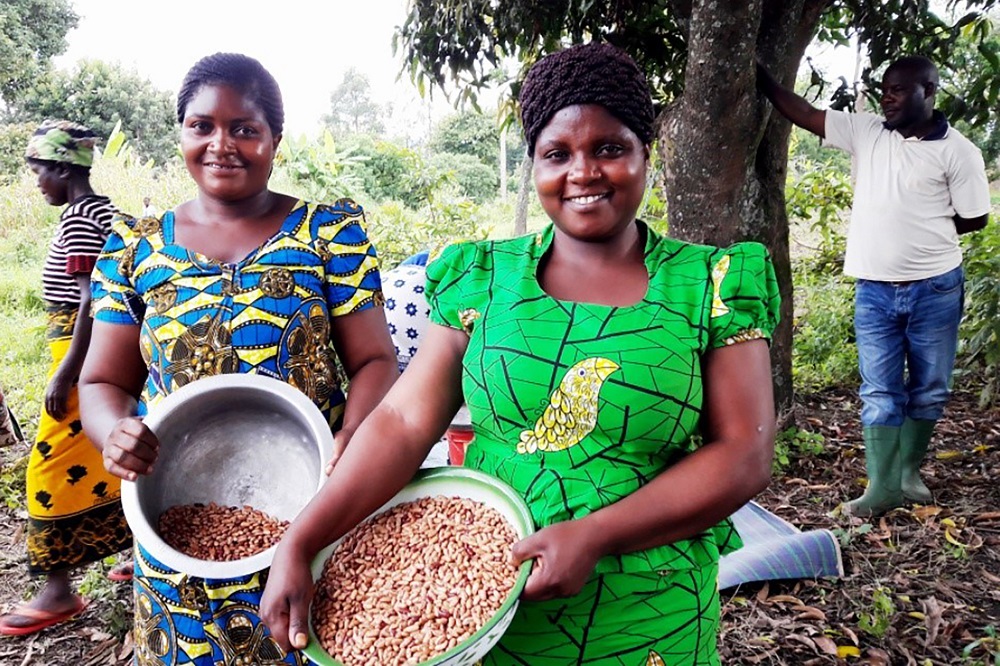
ICRISAT is committed to championing gender equality and social inclusion in its work towards agricultural development. Recognizing that women play a vital role in agriculture and rural communities, ICRISAT promotes gender-responsive research and interventions to ensure that women have equal access to resources, knowledge, and decision-making processes.
By empowering women farmers through training, capacity building, and access to credit and markets, ICRISAT helps enhance their productivity, income, and overall well-being. Additionally, ICRISAT works towards social inclusion by addressing the needs of marginalized and vulnerable groups, such as smallholder farmers, indigenous communities, and youth. By facilitating meaningful participation in agricultural value chains and providing them with tailored and sustainable support, ICRISAT contributes to reducing social inequalities and promoting holistic and inclusive agricultural development.
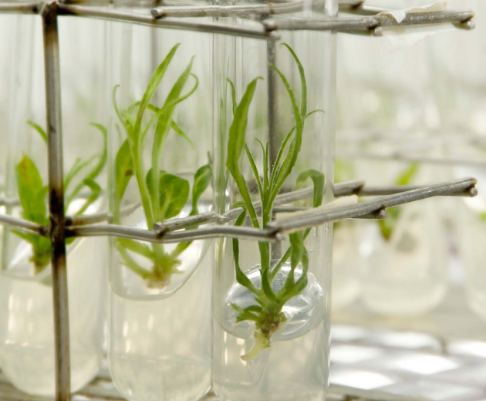
ICRISAT's strategic plan for 2021-2025 embodies a bold vision to drive agricultural innovation and improve dryland agri-food systems. With a focus on enhancing productivity, resilience, and sustainability, the strategic plan outlines key priorities and pathways to address the challenges faced by dryland communities. It emphasizes the development of climate-smart crops, resilient farming practices, and efficient resource management to combat the impacts of climate change. The plan also underscores the importance of gender equality, social inclusion, and empowering smallholder farmers, recognizing their pivotal role in agricultural development.
ICRISAT's strategic plan sets ambitious targets for scaling up research and development efforts, forging strategic partnerships, and leveraging digital technologies for transformative impact. By aligning its work with Sustainable Development Goals and global agendas, ICRISAT aims to catalyze agricultural innovation, promote sustainable food systems, and continue to create tangible improvements in the lives and livelihoods of millions of people in the drylands.